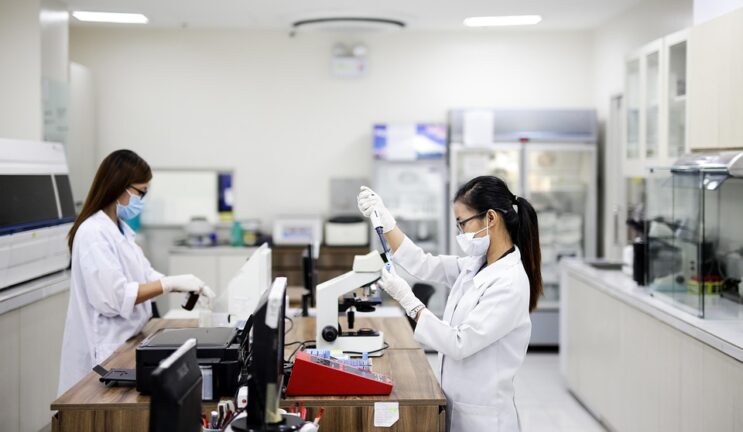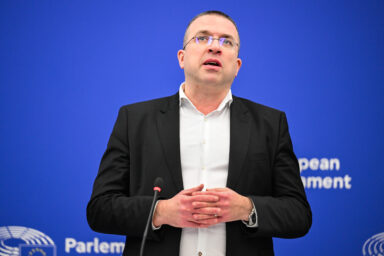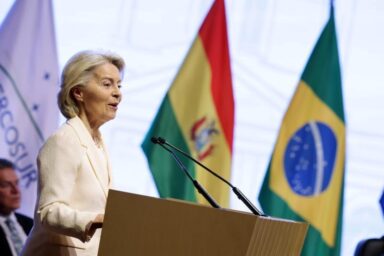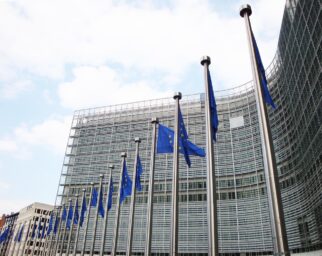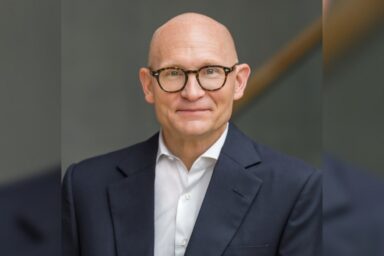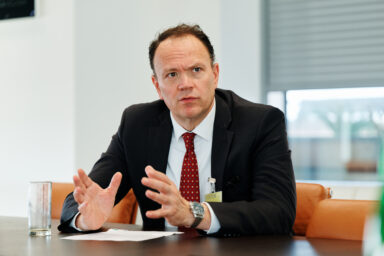The European Commission’s proposal for the next Multiannual Financial Framework (MFF), presented on 16 July 2025, doesn’t shout “health”, but it’s there. From biotech to preparedness and scale-up funding, health innovation is a quiet yet strategic force running through Europe’s bold new investment agenda for 2028–2034.
At the heart of the proposal lies a clear signal: Europe’s future lies in breakthrough innovation. Industrial policy including defence, green tech, and digital leadership dominate the headlines. But underneath, the building blocks of a new European health ecosystem are quietly taking shape.
A new investment tool: European Competitiveness Fund
The MFF introduces the European Competitiveness Fund (ECF). It is a strategic financing instrument designed to secure the EU’s long-term economic and technological sovereignty. The ECF simplifies access to EU funding through a single gateway and unified rulebook.
It will direct investments into four key domains: clean transition and decarbonisation, digital transformation, health and biotechnology (alongside agriculture and bioeconomy), and Europe’s defence and space capabilities.
Health may not dominate the headlines, but it remains firmly embedded in the EU’s innovation agenda.
You might be interested
“The Competitiveness Fund is a deployment instrument and a scale-up tool for the European Union,” explained Commissioner Ekaterina Zaharieva at the informal meeting of competitiveness ministers (research, internal market and industry) in Copenhagen on 17 July, just one day after the Commission unveiled its proposal.
“Its windows are aligned with those in Horizon Europe. The two programmes complement each other, Horizon for research and innovation, and the ECF for deployment.”
Fixing Europe’s innovation bottleneck
The ECF is also seen as a long-overdue structural correction to one of Europe’s chronic bottlenecks: scaling research into real-world innovation.
“We also admit that when it comes to transforming excellent research into products that can be brought to market in a successful way in Europe, we are not exactly where we want to be,” said Danish Minister for Education and Science, Christina Egelund.
We commend the focus on innovation, startups, scale-up, making sure that we are able in Europe to attract foreign talent and investment, and keeping investment here in Europe. – Christina Egelund Danish Minister for Education and Science
“And therefore we also commend the focus from the Commissioner’s side on exactly that , on innovation, startups, scale-up, making sure that we are able in Europe to attract both foreign talent, but also investment, and keeping investment here in Europe,” Danish Minister added.
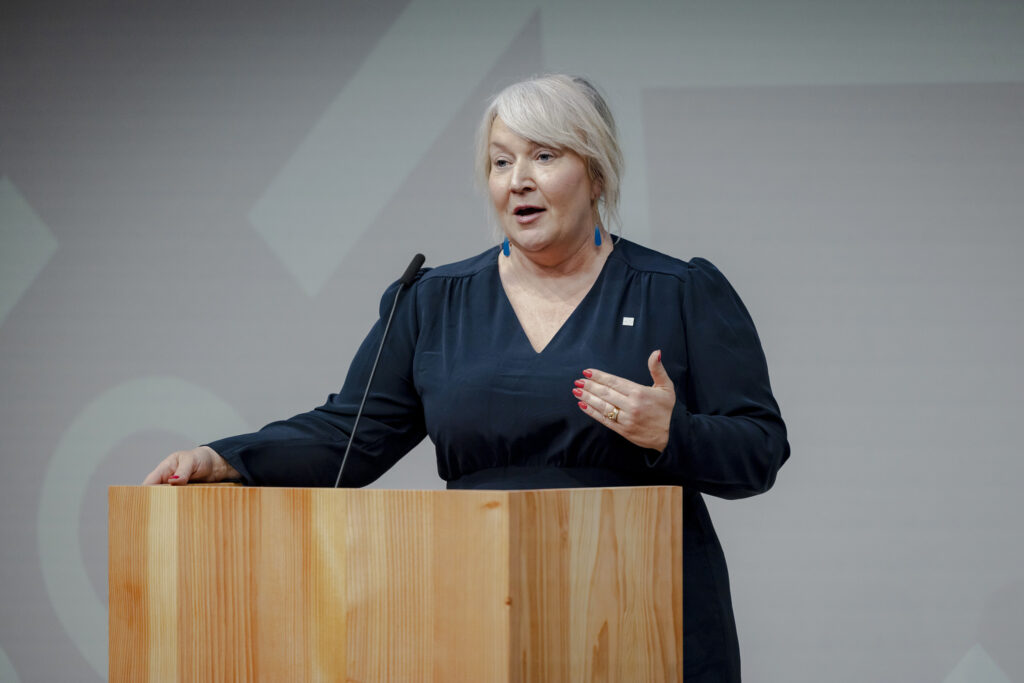
In a post-announcement statement, Commissioner for Health Olivér Várhelyi underlined what the fund means for Europe’s health future:
“Securing €22.6 billion, in addition to Horizon Europe, from the European Competitiveness Fund is a significant achievement for patients and for the competitiveness of the EU health sector. It lays the groundwork for our European Cardiovascular Health Plan and comprehensive health package, which will reform the EU’s health regulatory framework at the end of the year.”
“These changes will help the biotech, pharmaceutical, and medical device sectors thrive, and harness the power of AI to deliver individualised care.”
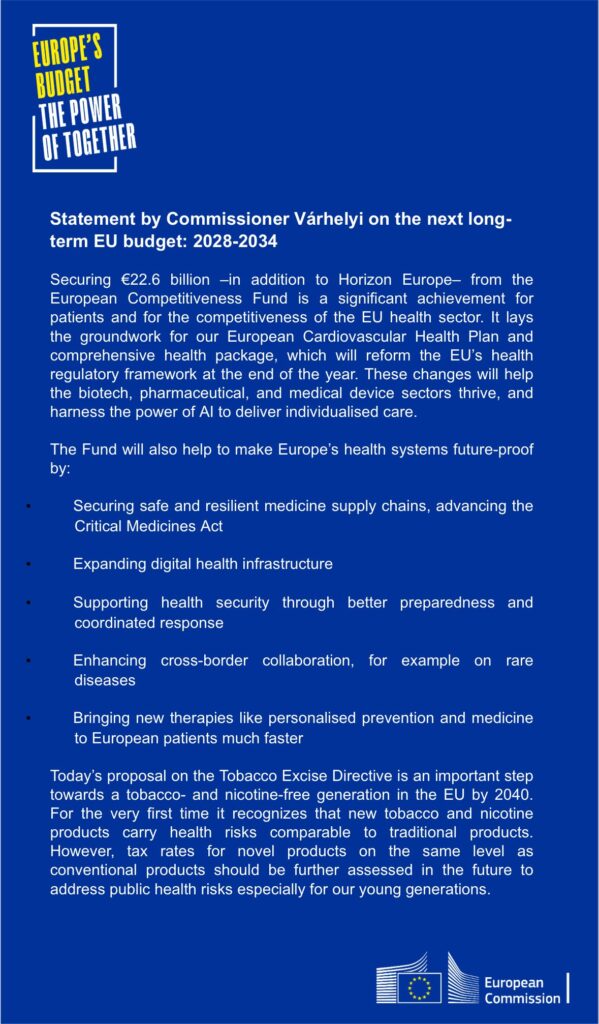
He added that the fund would help make health systems “future-proof.” It will do so by securing safe and resilient medicine supply chains, advancing the Critical Medicines Act, and expanding digital health infrastructure. The fund will also strengthen health security through better preparedness and coordinated response. It will enhance cross-border collaboration, for example, in the area of rare diseases. And it will bring new therapies such as personalised prevention and precision medicines to patients much faster.
Horizon Europe: the cornerstone of innovation
While the Competitiveness Fund channels capital toward deployment and scale-up, Horizon Europe remains the EU’s flagship research programme. It has a proposed, doubled budget of €175 billion. The Commission confirmed Horizon Europe will continue as a standalone programme. This decision was met with strong support from Member States.
“Horizon Europe is the cornerstone of Europe’s ambition to be a global leader in breakthrough innovation,” said Commissioner Zaharieva.
“We have over 30 Nobel Prizes, grantees from Horizon Horizon Europe. And breakthroughs in vaccines, clean tech, digital, AI and so on. To succeed, we must align research, innovation, deployment and entrepreneurship.”
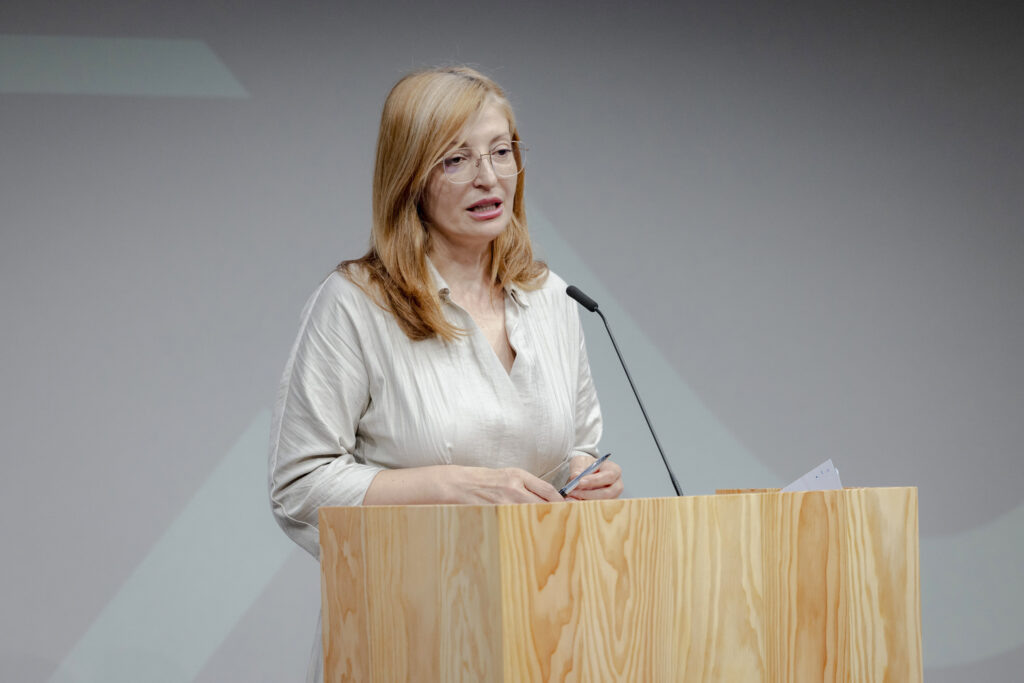
She noted that the programme offers both continuity and novelty. This was “very much welcomed by the research ministers,” especially given its alignment with the ECF’s priority areas: clean transition, health and biotech, agriculture, digital leadership, space, and resilience.
We have over 30 Nobel Prizes, grantees from Horizon Horizon Europe. And breakthroughs in vaccines, clean tech, digital, AI and so on. To succeed, we must align research, innovation, deployment and entrepreneurship.
“Pillar 3 will support breakthrough innovation,” she added. “An expanded European Innovation Council will drive disruptive innovation in domains like quantum, AI, cleantech, space, and biotech.”
Europe’s moonshots
A new feature of Horizon Europe will be the ability to develop ‘moonshot projects’, ambitious, cross-border initiatives that move from research to demonstration and real-world deployment. These projects will be supported by pooled funding. That includes EU instruments (Horizon Europe and the European Competitiveness Fund) as well as national, public, and private sources.
In health, moonshots will target regenerative therapies and next-generation AI. They aim to deliver transformative solutions in patient care. These sit alongside other strategic areas such as quantum computing, clean aviation, fusion energy, data sovereignty, and zero-pollution technologies. Together, they reflect the EU’s ambition to lead in globally significant fields.
The quiet work of preparedness
In parallel, the MFF introduces a third pillar: the Union Civil Protection Mechanism/Health Emergency Response (UCPM/HER) instrument. It brings together civil protection and health emergency response under the EU’s Preparedness Union Strategy.
“The MFF proposal introduces UCPM/HER, a dedicated instrument combining civil protection and health emergency response,” said Florika Fink-Hooijer, Director-General of DG HERA in a statement on social media channel LinkedIn.
The instrument will fund medical stockpiles, surveillance systems, and joint procurement of critical supplies. But crucially, it is also designed to connect seamlessly with Horizon Europe and the Competitiveness Fund. This ensures that Europe’s health preparedness pathway spans research and innovation, deployment, and operational response.
“Together, all three proposals, HER, Horizon Europe, and the Competitiveness Fund, set out a pathway for 2028–2034 to secure enhanced protection for EU citizens,” Fink-Hooijer explained.
Next steps
The proposal now enters a phase of interinstitutional negotiations with the European Parliament and Council. These talks will shape the final design and funding levels of the MFF, Horizon Europe, and the ECF.
Stakeholders from the health, biotech, and life sciences sectors will be watching closely, and should actively engage. First reactions are coming in. The months ahead will determine how prominently health features in Europe’s broader innovation and competitiveness agenda for 2028–2034.
